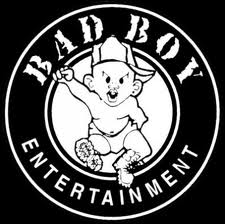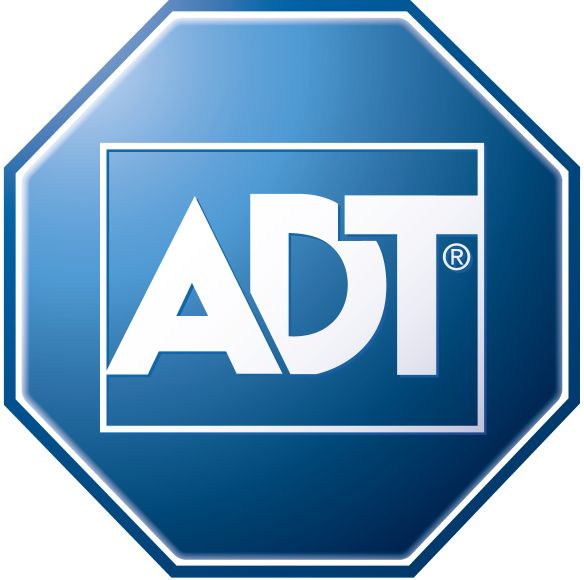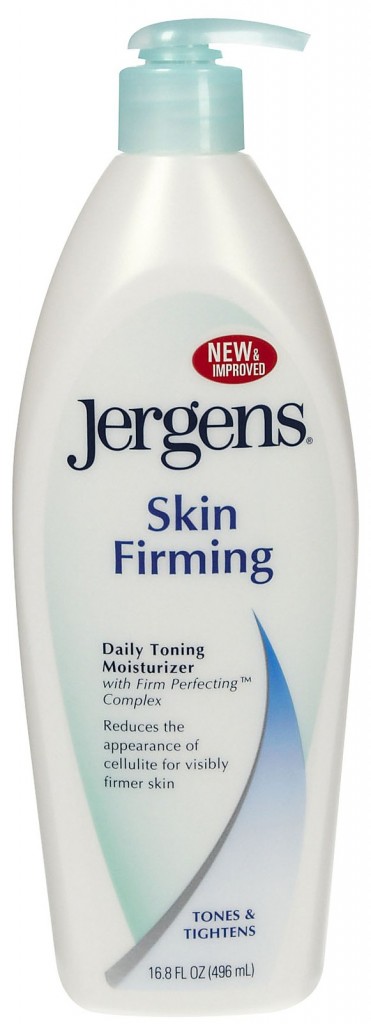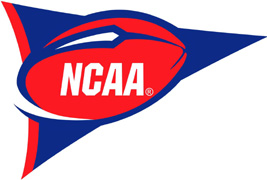 Top Class Action Lawsuits
Top Class Action Lawsuits
Bad Apple! Tech giant Apple Inc, got slapped with a class action lawsuit this week, you may have seen it, alleging the company illegally collected and sold its customers’ personal information. Filed in Boston by plaintiffs Adam Christensen, Jeffrey Scolnick, and William Farrell, the Apple lawsuit alleges “Apple compelled its customers to provide their zip codes when making credit card transactions at Apple stores.” Here’s hoping they don’t get hacked!
This type of data collection is prohibited by state law which makes it unnecessary for customers to submit any personal identification information (PIN) that’s not directly necessary to the transaction. Apple collected the zip codes of their customers in violation of this statute, the plaintiffs argue, then sold that data to third-party companies for marketing purposes.
According to the Apple lawsuit, plaintiffs Adam Christensen, Jeffrey Scolnick, and William Farrell shopped for and purchased items from Apple retail stores in Massachusetts between 2012 and 2013. “To consummate each purchase, plaintiffs elected to use their credit card as their chosen form of payment,” the lawsuit states. “As a condition of using their credit cards, plaintiffs were required by Apple to enter personal identification information associated with the credit card, including their full and complete zip codes. Apple would not allow plaintiff to complete their purchases without supplying such information.”
“Apple is not required by credit card issuers to require this information from consumers,” the lawsuit claims, which suggests that Apple is in violation of state law.
The lawsuit notes that Apple acknowledges openly on their website that they reserve the right to “make certain personal information available to strategic partners that work with Apple to provide products and services, or that help Apple market to customers.” “First, Plaintiffs and the Class have been injured because they have received unwanted marketing materials from Apple as a result of having provided their zip codes when using credit cards at Apple. Second, Plaintiffs and the Class have been injured by Apple’s sale of Plaintiffs’ and the Class’ PII to third-parties, which was collected by Apple in violation of Mass. Gen. Laws chapter. 93 § 105(c).And third, Plaintiffs and the Class have been injured because Apple misappropriated their economically valuable PII without consideration,” the lawsuit states.
If the court agrees, Apple would be deemed responsible for committing what the state of Massachusetts considers an “unfair and deceptive trade practice.” The plaintiffs are reportedly asking Apple to pay $75 per violation, as well as interest on those damages, litigation expenses, attorneys’ fees, and “such other and further relief as may be just and proper.” Apple would also be required to stop collecting PINs across the state.
So—one to watch…
Top Settlements
Relief at the Truck Stop? A massive $130 million antitrust settlement made the books this week, potentially affecting some 4,000 independent truck stops and other retail fueling merchants. (That’s alota dosh!) The antitrust lawsuit is against Comdata Inc., the leading trucker fleet payment card issuer, and three national truck stop chains for a combined amount of $130 million plus valuable prospective relief in the form of enforceable changes to certain of Comdata’s allegedly anticompetitive business practices.
This lawsuit has been in the works since 2007!
The back story—Comdata operates a payment card network used by over-the-road truckers and fleets to purchase fuel and other items at truck stops and other retail fueling merchants. The lawsuit alleged that Comdata imposed anticompetitive provisions in its agreements with class members that artificially inflated the fees these truck stops and other retail fueling merchants paid when accepting the card for payment. The lawsuit also challenged allegedly anticompetitive arrangements among Comdata, its parent company Ceridian LLC, and three national truck stop chains: defendants TravelCenters of America LLC and its wholly owned subsidiaries, Pilot Travel Centers LLC and its predecessor Pilot Corporation, and Love’s Travel Stops & Country Stores, Inc.
The Plaintiffs alleged that Comdata, with the assistance of its parent, Ceridian, engaged in anticompetitive behavior with the truck stop chains in which the chains agreed not to compete with Comdata in exchange for Comdata providing the chains with a transaction fee advantage versus their smaller, independent truck stop competitors. Plaintiffs alleged that this conduct insulated Comdata from competition, enhanced its market power, and led to independent truck stops’ paying artificially inflated transaction fees.
If its approved, these settlements would resolve all claims of the named Plaintiffs and the proposed class in exchange for aggregate payments from all defendants totaling $130 million plus a legally binding commitment from Comdata for prospective relief in the form of changes to certain allegedly anticompetitive contractual provisions in its merchant agreements. Plaintiffs and Co-Lead Class Counsel believe that this relief will promote competition among payment cards used by over-the-road fleets and truckers and lead to lower merchant fees for the independent truck stops.
FYI—the Comdata truck stop fee settlement approval process is expected to take several months. The named Plaintiffs and proposed Class representatives are Marchbanks Truck Service, Inc. d/b/a Bear Mountain Travel Stop, Gerald F. Krachey d/b/a Krachey’s BP South, and Walt Whitman Truck Stop, Inc.
Asbestos Settlement for Young Victim. This is sad, bittersweet Justice. Forty-year old John Panza, an English professor at Cuyahoga Community College and drummer with a popular Cleveland rock trio, Blaka Watra, has been awarded $27.5 million in settlement of his asbestos mesothelioma lawsuit. The settlement is reportedly the largest award of its kind ever in Ohio.
Panza was diagnosed with mesothelioma in 2012, resulting from prolonged second-hand or take home exposure to clothing worn by his father, who picked up the asbestos dust at his job at the Eaton Airflex brake company. John Panza Sr., 52, died of lung cancer in 1994. He had worked at Airflex for 31 years, and previously served as president of the company’s union.
The asbestos brake pads were manufactured by the former National Friction Products Corp. John Jr. and his wife Jane, filed suit against Kelsey-Hayes Co., the Michigan-based successor to National Friction Products, and the lone remaining defendant at the time of the verdict, returned December 18, 2013.
The verdict breaks down the settlement as economic damages of $515,000 and $12 million in non-economic damages. The jury also awarded Jane Panza, who is just 37, $15 million for her loss of consortium claim, or the deprivation of the benefits of a family relationship due to her husband’s asbestos mesothelioma.
The eight-member jury attributed 60 percent of the liability to Kelsey-Hayes, finding that the company’s brake products were defective and primarily responsible for causing Panza’s cancer.
The Panza’s testimony was emotional, according to the judge. The couple went to high school and attended college together They have a 6-year-old daughter.
Prior to the trial, Panza underwent four separate surgeries and almost died, said John Mismas, one of Panza’s lawyers. Panza’s right lung was removed, and the invasive cancer is almost certain to eventually spread to his left lung, he said. “He’s going to die,” Mismas said.
Ok Folks, That’s all for this week. See you at the bar.









